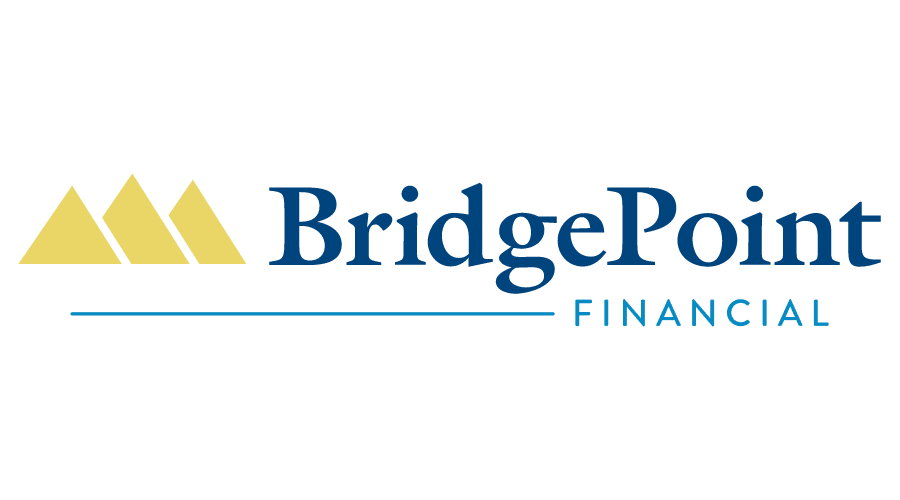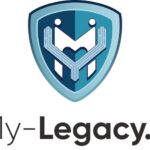In association with:


By Lucy Saddleton, Managing Editor, ADB Insights
Increasingly complex family structures, multi-generational transfer of wealth, and ever-evolving laws are putting increased pressure on estate planning law firms in Ontario, and resulting in litigation disputes in some cases. Many firms are leveraging digitization and technological advances to improve efficiency and attract new clients as they evolve to align with societal shifts.
Speakers at the Legal Innovation Forum’s recent Ontario Estates Webinar discussed the drivers and emerging trends shaping the estate law landscape in Ontario and shared tips for collaborating holistically with other industry experts. They also revealed how they are innovating and making use of AI and other technologies to boost efficiency and remain competitive.
DRIVERS & TRENDS
Estate planners are keeping their fingers on the pulse of emerging trends such as digital assets, cryptocurrency and NFT ownership.
“When it comes to digital asset planning, I find that the conversation involves a lot about what to put in the will and what not to put in the will,” said Kavina Nagrani, founding partner at NIKA Law. “We often also find ourselves working with clients on what’s called an access plan, which is the plan for accessing these key assets when you die. It’s definitely an emerging trend.”
The inevitable rise of litigation cases around digital assets will be likely to prompt more pre-emptive protective measures on the front end, Nagrani said.
Societal and generational shifts have given rise to an increase in younger people writing wills as they come into money – either through starting and selling tech businesses – or through inheritance from wealthy grandparents. Successful estate lawyers are keeping in touch with the values and expectations of the younger generation, as well as modern family structures.
At the other end of the scale, Kim Gale, principal and lawyer at Gale Law, noted that people are living longer, giving rise to concerning trends such as misappropriation of funds through the use of power of attorney.
Planners are also navigating challenges around changing legislations in Ontario including the Succession Law Reform Act which was amended in 2022 to include separated spouses, as a way to guard against predatory marriages. Under the new legislation, marriage will not automatically revoke a will executed before the marriage.
“In order for certain provisions to be affected, you have to be separated for three years after 2022, so we have a very interesting period with somewhat competing claims between a common law spouse and the separated spouse because the legislation is still in transition,” said Dorothy Hagel, partner at Hagel Law Firm.
Speakers agreed that estate lawyers benefit from working with other advisors in a holistic way. Those who choose to work in silos are doing a disservice to the client, according to Nagrani. Lawyers, financial planners, accountants, insurance experts and other professionals all bring different expertise to the table.
“Good estate planners are collaborative, and they join forces with other professionals, so they can speak to each other directly, because there’s a lot of broken telephone that can go on when things are just passing through the client, and furthermore, I just feel like clients are tired of telling 10 different people the same thing,” said Nagrani.
BridgePoint Financial partners with estate firms to provide funding and added value for clients.
“If there is an access to counsel or access to justice issue, we’re able to provide funding, and in that circumstance we work very closely with the lawyer to ensure that it’s a meritus case,” said Tim Andrews, chief business development officer at BridgePoint.
Another issue that sometimes arises is the discrepancy between the date of marriage of a religious ceremony versus the date of the civil marriage, which can be many months later.

In other cases, the executors of a will can maximize the value of an estate by taking an advance from BridgePoint to renovate and increase its value. For example, BridgePoint recently provided $100,000 as an advance to fund the renovations of an inherited property in Saskatchewan, thereby increasing its value from $500,000 to $1.2 million, and ultimately creating a significantly larger inheritance for all beneficiaries.
“This really underscored the advance as a timely and strategic tool,” said Andrews. “Many executors don’t have the financial means or don’t wish to overextend themselves to invest, and utilizing a solution from BridgePoint is a perfect tool to cover off these types of expenses.”
Speakers also discussed the changing litigation landscape, agreeing that we can expect to see a rise in litigation disputes around wills and estates. Electronic wills and online estate planning platforms are becoming increasingly prevalent, potentially giving rise to more litigation.
“There’s a market for online wills. They’re simple. They’re not complex, and they can handle a very simple, quick case, but if you can afford to do something better, then I think everyone should be seeing a lawyer because I can see the boundaries with these online wills, and their boundaries are narrow,” said Nagrani. “Are those cases going to be litigated? Yes, because if that family had a complexity that the software didn’t even ask about, there’s no back and forth, and there’s no advice, so I think there’s a huge risk there.”
PRACTICE MANAGEMENT
Speakers in the second session of the Legal Innovation Forum’s Ontario Estates Webinar discussed the key pain points facing estate professionals in the current climate.
Panelists agreed that the intake process for new clients remains challenging as they strive to meet with clients and to collect their information as accurately and efficiently as possible, while being mindful of the privacy of the data. Education is another issue.
“I find it to be a painful point that people frequently don’t come to us until it’s too late,” said Marlenne Doss, partner at Aion Law Partners. “One of the challenges is in educating them and encouraging them to contact us before they get into the issues of estate planning, so they already have that in place. I think there’s still a huge gap in what people need and what they actually have in place,” she added.
Many clients have a fear of working with lawyers, so anything that can be done to make them feel comfortable is helpful in the intake process, noted Jordan Atin, certified specialist in estates law at Hull & Hull, and the co-creator of will planning software, eState Planner.
“If you can give them information before they even retain you about how the process is going to go, that really makes clients feel better about the process,” said Atin. “We send them a memo at the beginning with about five bullet points, explaining here’s our process, here’s what you can expect, and here’s the expected costs.”
Software and technology has greatly simplified the estate planning process in recent years. Atin’s eState Planner, for example, is designed to streamline the client intake process, create error-free estate plans, and generate wills and other legal documents.
Another valuable tool is My-legacy.ai which leverages artificial intelligence to make the estate planning process more accessible and user-friendly – both for lawyers and for consumers.
“Education is important because people don’t think estate planning applies to them,” said Sree Chintala, founder and CEO at My-Legacy.ai. “On the consumer side, My Legacy can help anyone to understand the basics of estate planning wherever you are in your life, and what are the things that you need, and then we take it to the next level.”
Chintala’s platform applies AI to optimize customer engagement and then matches clients to the right lawyer. The platform also helps lawyers by automating repetitive tasks.
Though AI will play an increasingly important role in the future, the role of the lawyer is never likely to be lost in the estate planning process, according to Doss
“It’s about the conversations that happen before that actual drafting, to create a plan that’s catered to the individual and to their circumstance,” said Doss. “The need for that is not going to be lost now or in the future. I don’t think that can be replaced by AI, but I think that AI can make the process more efficient and effective for both the lawyer and the clients.”
For his part Chintala notes that the estate planning process will get more and more complex in line with the rising transfer of generational wealth, so AI and technology can help to reduce workloads for lawyers.
“Sooner or later, everything is going to be digital. It’s just a matter of time. Having these documents on a blockchain to get a digital copy that you can protect for 30 or 40 years down the road, could avoid a lot of conflict and concerns about forgery,” said Chintala. “There are technologies here today that can help us solve a lot of problems, and I personally see a lot of opportunity for all of us to excel and help families to really cross the chasm in terms of adoption and learning more about estate planning.”

The webinar was moderated by Madison Gleis, principal lawyer at Gleis Law, and Andrew Bowyer, founder and CEO at ADB Insights.








